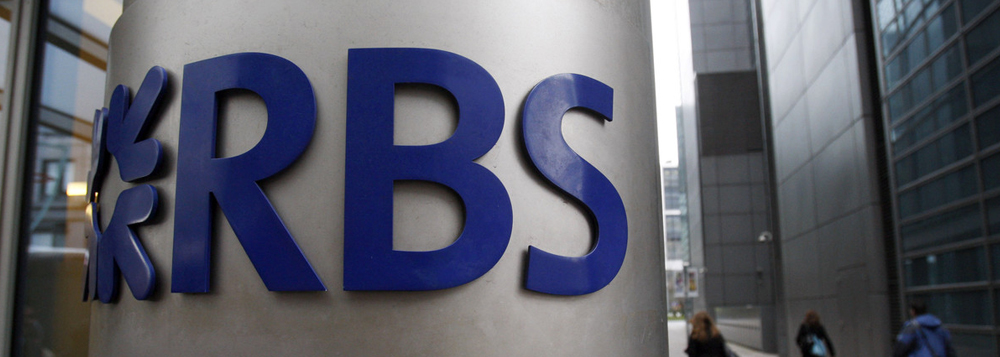
We’re delighted to report that for the first time, thousands of SMEs who have suffered at the hands of RBS’ notorious Global Restructuring Group will now have the opportunity to receive a refund for consequential losses.
The GRG has been exposed as having a vulturesque predilection for squeezing income (and assets) from SMEs, with many blaming the Group for destroying their livelihoods.
What are consequential losses? Put simply, they are the ‘indirect’ losses caused by the Bank’s behaviour. Typically, our clients argue that they would have invested in their care homes, hotels or into commercial property development. Conversely, they would not have been forced to sell assets at fire-sale prices at the trough of the recession. Consequential losses are not straightforward to argue and need strong evidence (specialist technical advice is required, including that of forensic accountants and solicitors) but we have seen some of the largest private property firms in the UK successfully argue for such losses. Sometimes, these consequential losses can in fact be multiple times the size of the ‘direct’ losses caused by the Bank.
RBS has so far received 1,276 complaints against the GRG since the compensation scheme was introduced in 2016; fewer than one in five allegations of mistreatment have been upheld and the total RBS paid out for direct losses amounts to a paltry £3.6m, with the bank drawing criticism from both the Treasury Select Committee and the All-Party Parliamentary Group on Fair Business Banking.
Vedanta Hedging have long argued that most SMEs found themselves relegated to the GRG as a result of being mis-sold derivative hedging products – such as interest rate swaps and collars – which subsequently incurred very large losses, both direct and consequential. In fact, just last month I discussed this with Nicky Morgan MP, the Treasury Select Committee chair, highlighting RBS’ damaging policy of resisting independent third party involvement in the consequential loss aspect of compensation claims – typically the lion share of the total claim quantum!
I am therefore particularly pleased to hear that RBS have just now changed their tune, with negotiations underway for Sir William Blackburne, a former High Court judge, to provide independent oversight of consequential loss claims, supplementing his existing responsibility for supervising direct losses.
However, it is still essential for SMEs seeking redress to take every care to properly substantiate their claim, particularly the consequential loss aspect, to mitigate the risk of having part or all of their loss quantum rejected, as was the case with many SMEs who did not seek independent advice during the FCA IRHP Review. Thus far, every single one of our clients have obtained some sort of redress before ever reaching the High Court – do get in touch if you’d like to discuss.